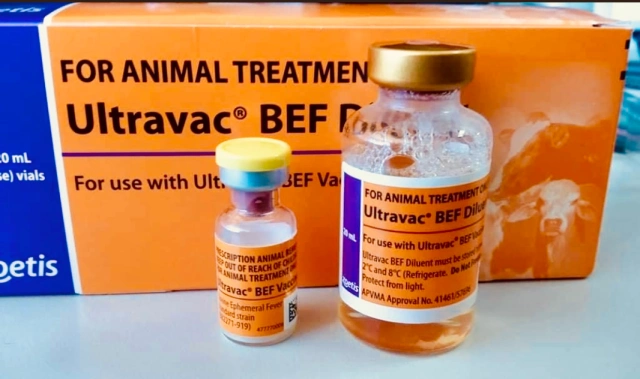bovine ephemeral fever treatment
Bovine ephemeral fever Bovine ephemeral fever in cattle is a viral disease that affects cattle worldwide. It is caused by the bovine ephemeral fever virus, which is transmitted through biting insects such as mosquitoes and midges. The disease is characterized by fever, muscle stiffness, and lameness in affected animals. Bovine ephemeral fever in cattle, Bovine ephemeral fever vaccine, Bovine ephemeral fever treatment
Bovine ephemeral fever can have a significant impact on the health and productivity of your livestock, making it crucial to understand the disease and take appropriate measures to prevent and treat it.
Understanding Bovine Ephemeral Fever in Cattle
Bovine ephemeral fever, also known as three-day sickness, primarily affects cattle but can also affect other ruminant species. The virus belongs to the family Rhabdoviridae and is classified as an arbovirus, meaning it is transmitted by arthropods. The incubation period for bovine ephemeral fever is typically 2 to 7 days, after which the affected animals start showing symptoms.
Symptoms of Bovine Ephemeral Fever
The symptoms of bovine ephemeral fever can vary from mild to severe and can include fever, lameness, muscle stiffness, reduced appetite, drooling, and nasal discharge. Affected animals may also exhibit respiratory distress, such as rapid breathing and coughing. In severe cases, the disease can lead to weight loss, decreased milk production, and even death.
The Importance of The Vaccine
Vaccination is a crucial aspect of bovine ephemeral fever control and prevention. The bovine ephemeral fever vaccine helps to stimulate the animal’s immune system and develop antibodies against the virus. By vaccinating your livestock, you can significantly reduce the risk of bovine ephemeral fever outbreaks and safeguard the well-being of your cattle.
How The Vaccine Works
This immune response provides protection against future infections and reduces the severity of symptoms if the animal does contract the disease.
Administering Bovine Ephemeral Fever Vaccine to Your Livestock
To ensure the effectiveness of the bovine ephemeral fever vaccine, it’s essential to follow proper administration protocols. The vaccine is typically administered via injection, either subcutaneously or intramuscularly. It is crucial to consult with your veterinarian to determine the appropriate dosage and vaccination schedule for your specific herd. Your veterinarian can also provide guidance on the best practices for vaccine storage and handling to maintain its efficacy.
Preventing Bovine Ephemeral Fever through Vaccination
Vaccination is the most effective method for preventing bovine ephemeral fever in your livestock. By vaccinating your cattle, you create a herd immunity that reduces the risk of transmission within your herd and protects individual animals from the disease. It is recommend to vaccinate all susceptible animals in your herd, including calves and pregnant cows, to ensure comprehensive protection. Bovine ephemeral fever treatment
Best Practices for Managing Bovine Ephemeral Fever Outbreaks
In addition to vaccination, there are several best practices for managing bovine ephemeral fever outbreaks. These include implementing insect control measures to reduce the population of disease-carrying insects, such as using insecticides and implementing proper waste management practices to eliminate breeding sites. Quarantine and isolation of affected animals can also help prevent the spread of the disease within the herd.
Conclusion and the Role of Bovine Ephemeral Fever Vaccine in Safeguarding Your Livestock’s Well-being
In conclusion, bovine ephemeral fever can have a significant impact on the health and productivity of your livestock. By understanding the disease, its symptoms, and the importance of vaccination, you can take proactive measures to safeguard your cattle’s well-being.
The bovine ephemeral fever vaccine plays a crucial role in preventing outbreaks and reducing the severity of the disease. Consult with your veterinarian to develop a comprehensive vaccination strategy and implement best practices for managing bovine ephemeral fever in your herd. By staying ahead of the herd and prioritizing vaccination, you can ensure the long-term health and well-being of your livestock.




Reviews
There are no reviews yet.